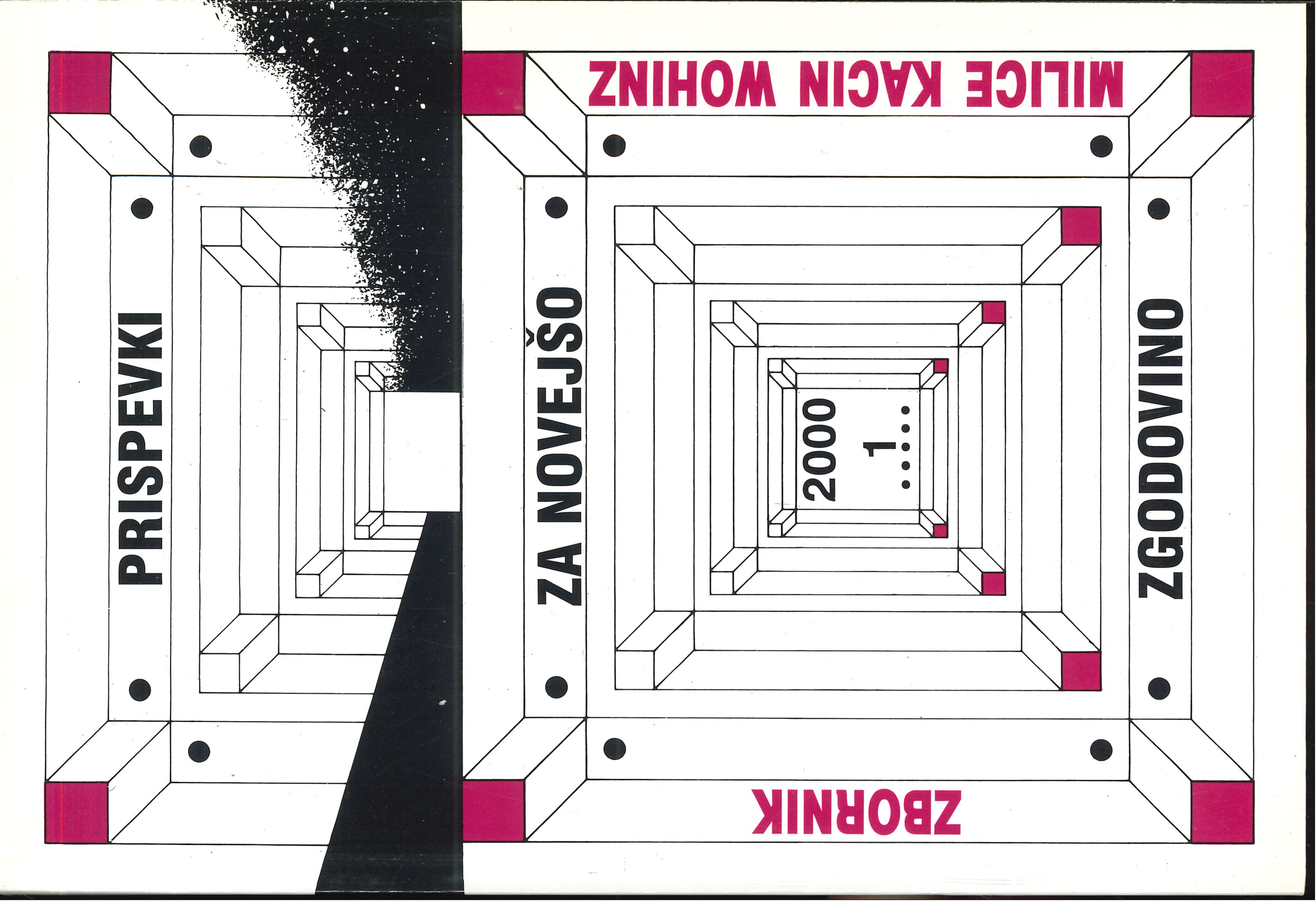The Overlooked Document
Keywords:
Croat-Serb agreement, authonomy, Croat Peasant Party, foreign policy, jugoslav-british relationsAbstract
This piece presents an analysis written by the renown British historian Sir Robert W. Seaton-Watson on the aftermath of the Croat - Serb Agreement in fall 1939, in the time of the outbreak of the Second World War. Seaton-Watson, as he did often in those months, wrote the analysis for the British Foreign Office on the occasion of visiting Zagreb and Belgrade in fall of 1939. He regarded the political consequences of the Agreement as positive for Croatian, as well as Yugoslav politics, especially from the view point of promoting democratic practices and anti-nazi activities in the country. The Agreement helped consolidate and unite the Yugoslav political scene, which was in the interest of Great Britain and her policy of keeping up a strong and neutral Yugoslavia. The commentary to the text attempts to explain the circumstances described and point out who were Seaton-Watsons friends among Yugoslav intellectuals and how they influenced his better understanding of the Yugoslav situation, especially the Croat and Slovene questions.
Downloads
Published
Issue
Section
License
Authors who publish with this journal agree to the following terms:
- Authors retain copyright and grant the journal right of first publication with the work simultaneously licensed under a Creative Commons Attribution License that allows others to share the work with an acknowledgement of the work's authorship and initial publication in this journal.
- Authors are able to enter into separate, additional contractual arrangements for the non-exclusive distribution of the journal's published version of the work (e.g., post it to an institutional repository or publish it in a book), with an acknowledgement of its initial publication in this journal.
- Authors are permitted and encouraged to post their work online (e.g., in institutional repositories or on their website) prior to and during the submission process, as it can lead to productive exchanges, as well as earlier and greater citation of published work (See The Effect of Open Access).


